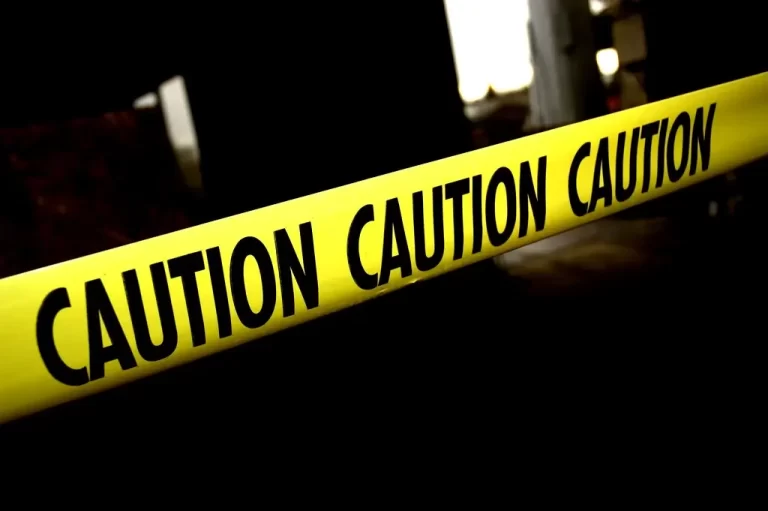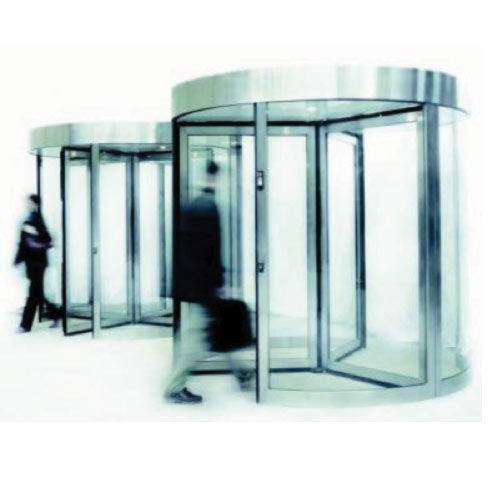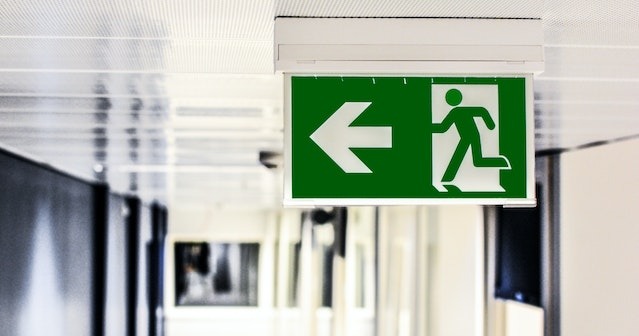Earthquake Lebanon – Evacuation Plan
The most recent major earthquake occurred on February 6, 2023. The earthquake in Lebanon had a magnitude of 7.8 and it hit approximately 450 kilometers away from Beirut. Several aftershocks have shaken Lebanon following the original Feb. 6 quake.
An earthquake is a natural disaster that occurs when the earth’s crust shakes due to the release of energy from the tectonic plates beneath it. It can occur at any time and any place, and the consequences can be devastating. That is why it is essential to take measures to ensure earthquake safety.
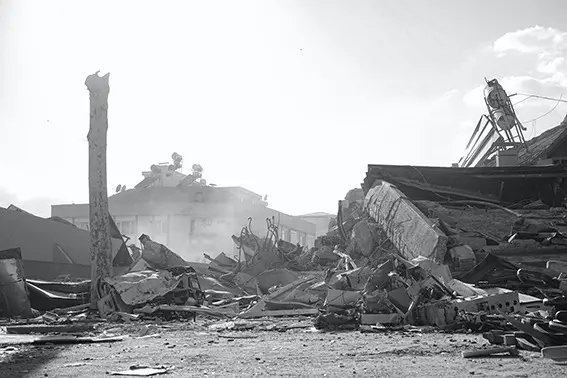
What are earthquake safety measures that can help save lives and minimize damage?
1. Stay informed about every earthquake happening in Lebanon
2. Secure your home and belongings
3. Create an earthquake safety kit
4. Know what to do during an earthquake
6. Avoid these items during an Earthquake
7. Prepare for after the earthquake
1. Stay informed about every earthquake happening in Lebanon
The first step to earthquake safety is staying informed. You should always be aware of the earthquake risk in your area and any warnings that may be issued.
2. Secure your home and belongings
One of the best ways to minimize damage during an earthquake is to secure your premises and belongings. You can do this by taking a few simple measures, such as:
- Securing water heaters and gas appliances
- Securing bookshelves and other furniture to walls
- Installing safety film on windows to prevent shattering
3. Create an earthquake safety kit
It is crucial to have an earthquake safety kit ready in case of an emergency. The kit should include the following items:
- Water (one gallon per person per day)
- Non-perishable food
- First aid kit
- Flashlight
- Batteries
- Whistle
- Dust mask
- Moist towelettes
- Garbage bags and plastic ties
- Cash
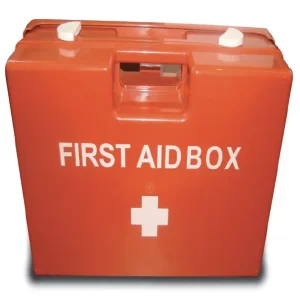
4. Know what to do during an earthquake
During an earthquake, it is essential to know what to do to ensure your safety. Here are some steps you can take:
- Drop down to the ground
- Cover your head and neck with your arms
- Hold on to something sturdy, such as a table or desk
- Stay away from windows, mirrors, and other glass objects
- If you are outdoors, move away from buildings, streetlights, and power lines
- If you are in a car, pull over to a safe area and stay inside the vehicle
5. Plan for evacuation
If you live in an area prone to earthquakes, it is essential to plan for evacuation in case of an emergency. Here are some things you can do to prepare:
- Identify safe evacuation routes
- Plan multiple evacuation routes in case one is blocked
- Establish a meeting place in case you get separated
- Keep your car’s gas tank full
- Keep emergency supplies in your car
6. Avoid these items during an Earthquake
- Doorways. Doors may slam shut and cause injuries.
- Windows, bookcases, tall furniture and light fixtures. You could be hurt by shattered glass or heavy objects.
- Elevators. If you are in an elevator during an earthquake, hit the button for every floor and get out as soon as you can.
- Downed power lines – stay at least 10 meters away to avoid injury.
- Coastline. Earthquakes can trigger large ocean waves called tsunamis. If you are near a coastline in a high-risk area during a strong earthquake, immediately move inland or to higher ground and remain there until officials declare the area safe.
7. Prepare for after the earthquake
After the earthquake, it is important to take steps to ensure your safety and well-being. Here are some things you can do:
- Check yourself and others for injuries
- Turn off the gas if you smell gas or suspect a leak
- Turn off the electricity if you see sparks, frayed wires, or if the electrical system is damaged
- Use your phone only for emergencies to avoid overloading the system
- Listen to local news for updates and instructions
Earthquake Public Safety Equipment
Earthquakes are natural disaster that require swift response. An evacuation plan is crucial in such circumstances and can help save lives. If you need help in designing your evacuation plan, our safety experts are here to help. A sound evacuation plan can equip individuals and organizations with the necessary roadmap to respond effectively to earthquakes. We also provide public safety equipment to assist in the execution of your plan, such as exit signs and emergency lights etc.
To learn more about our public safety equipment, visit our product page.



